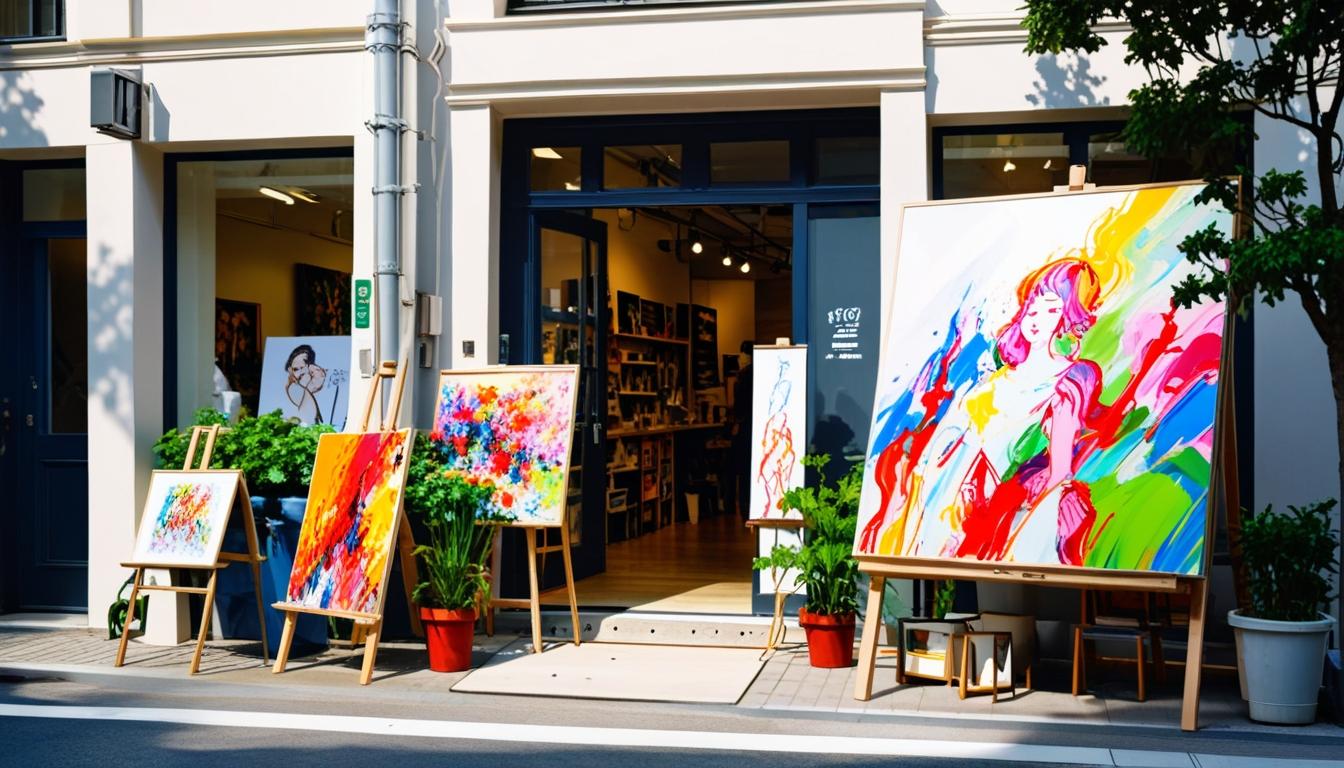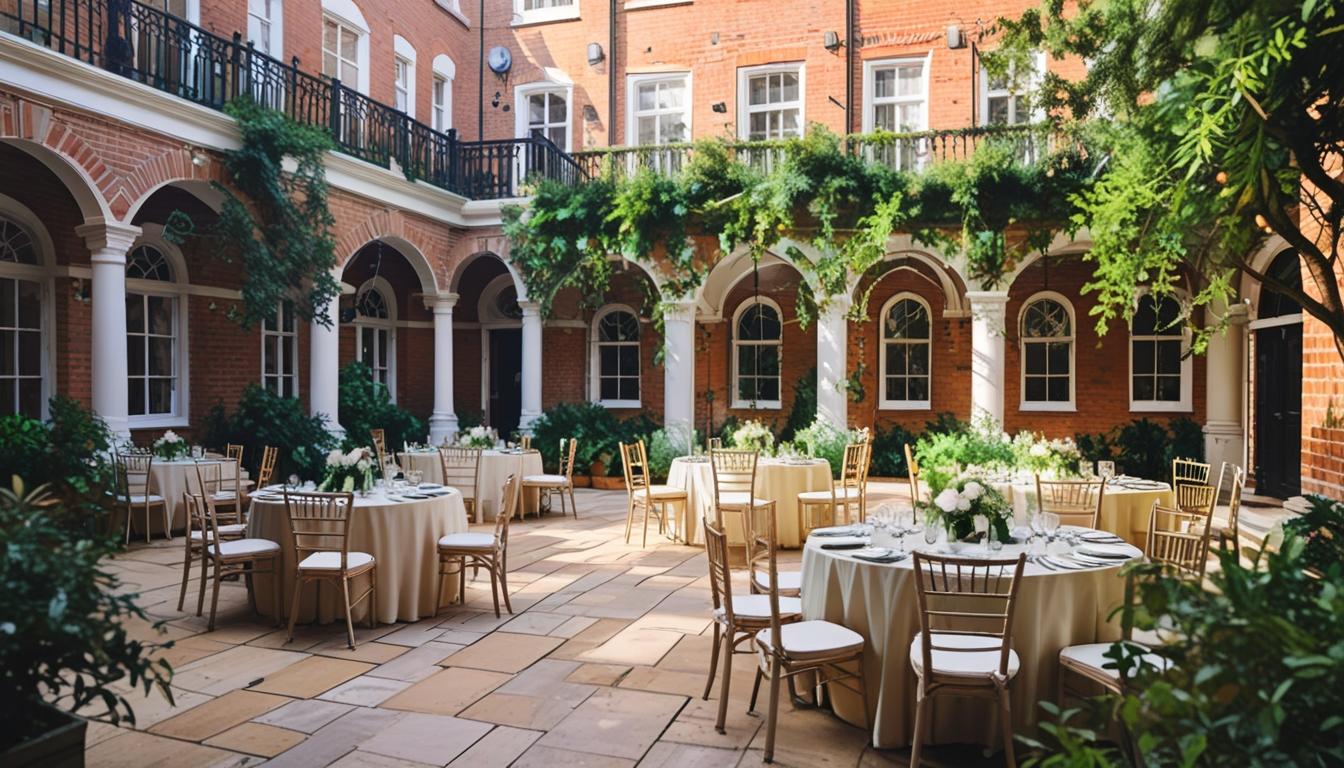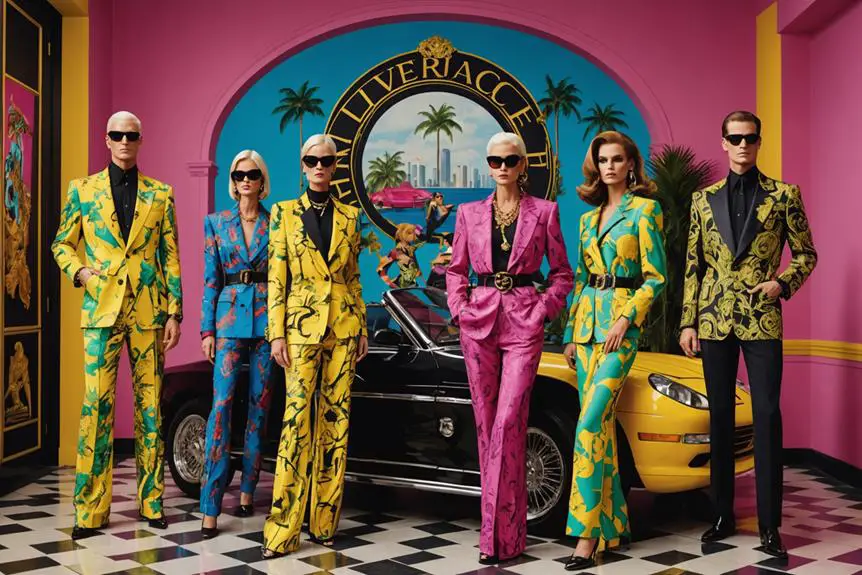Heralbony, a lifestyle brand focusing on disability art, launches its first permanent store in Ginza, Tokyo, emphasizing inclusivity and commercial appeal.
Heralbony, a pioneering lifestyle brand focused on disability art, has launched its first permanent store, dubbed “Heralbony Laboratory Ginza,” located in the upscale district of Ginza, Tokyo. The opening took place amid a growing interest in inclusivity and art, particularly emphasizing the importance of disability art in mainstream culture.
The company was founded by the Matsuda twins, Takumi and Fumito, inspired by their experiences with their older brother, who faced significant disabilities. Takumi Matsuda, in an interview with Fashionsnap, outlined the brand’s mission to present disability art through a commercial lens rather than a welfare initiative, stating, “If it’s cool, it’s better to put it out in a cool way.” This approach sets Heralbony apart as the only general company worldwide that actively engages in the licensing and productization of disability art, rather than functioning as a non-profit entity.
Heralbony Laboratory Ginza is strategically positioned just a short walk from Ginza Station. Takumi indicated that multiple locations were considered, but the emphasis on delivering their message meant they could not compromise on the site. Fumito Matsuda remarked on the significance of their choice, noting that Ginza is “perhaps the place furthest from disability and welfare,” yet they aim to create a brand that is universally accepted, regardless of geographical context.
The store combines a shop with an integrated atelier and gallery, offering not only merchandise but also exhibitions and live painting by artists with disabilities. This setup allows customers to engage more directly with the art and products, enhancing the shopping experience.
Minoru Ohira, who joined Heralbony in 2024 following a lengthy career at Tomorrowland, discussed their plans to expand their clothing line alongside their IP ventures. He revealed that the brand’s first product, a tie, remains popular with a price tag of ¥35,200. The appeal of such pricing helps to break the stereotype that disability art must be inexpensive. Ohira commented, “Once this price range for ties was accepted, the notion that ‘disability art equals low price’ could be broken.” Alongside premium items, they also offer entry-level products, including handkerchiefs priced at ¥3,630, and are preparing to introduce more mid-priced clothing items, such as casual T-shirts and sweatshirts.
In light of competition from major retailers, they are aware of the presence of brands like Uniqlo, known for its art collaborations. However, Ohira contended that Heralbony’s engagement with art is fundamentally different, focusing on less widely known disability art as opposed to renowned artists.
The brand encapsulates its ethos through the concept of “HOPE LUXURY,” presenting a unique interpretation of luxury that revolves around a “state of mind” rather than traditional material wealth. Ohira highlighted the importance of inclusivity in their designs, stating that true luxury can come from everyday, easy-to-maintain materials.
Further solidifying their role in the global market, Heralbony recently received the “Employee Experience, Diversity & Inclusion” award at the LVMH Innovation Award 2024, marking a historic win for Japan. They are also planning to establish a subsidiary in Paris by September 2024, aimed at enhancing their presence in Europe.
Looking ahead, Takumi Matsuda expressed ambitions to use achievements in Paris as a launchpad for global recognition, suggesting aspirations to ultimately create a “Heralbony Land” akin to the Sanrio Puroland theme park. This vision involves integrating Heralbony’s intellectual property into everyday life, including product collaborations across various sectors.
In terms of societal impact, Takumi mentioned that their initiatives have begun to yield tangible results. There are artists now earning enough to file tax returns, and families of children with disabilities are gaining a sense of pride in their contributions. However, Takumi acknowledged that broader societal shifts in attitudes toward disability and welfare remain a work in progress, indicating a desire for Heralbony to continue its mission in enhancing understanding and appreciation of disability art.
Source: Noah Wire Services




